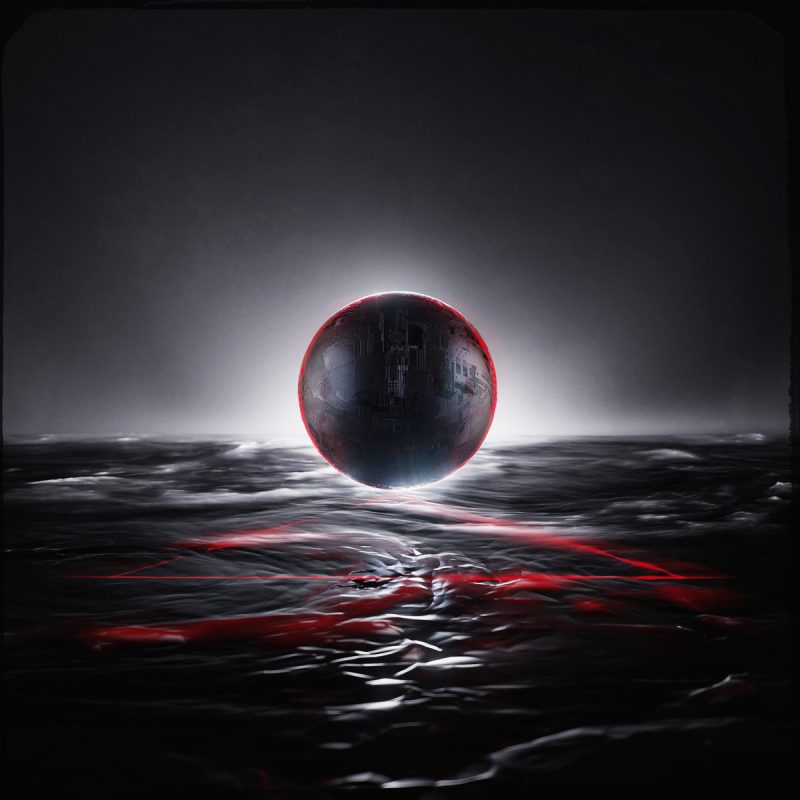It’s backed you into a corner,
shoved its weight against your chest,
wrapped its jaw around your throat.
It’s time, decide
In 2010, Jeremy Wilkins (formerly of Rosewater Elizabeth, underwater, and Allegra Gellar) launched a solo venture, Parasols, a name inspired by Joan Didion’s The Year of Magical Thinking. A year later, after beginning a relationship with D, he invited her to join, transforming Parasols from a solo endeavor into a duo. Their dynamic evolved as they grew, leading them to welcome Alec Yeager into the fold. With his arrival, the group felt a fresh spark and changed their name to We Are Parasols, marking a deeper bond with the music and with each other.
Initially grounded in indie-electronic and shoegaze, We Are Parasols playfully dubbed their style “post-goth,” embracing the ethereal haze of shoegaze. But as their sound grew, they began drawing from a wild blend—industrial, metal, choral, hip-hop, and even pop—pushing boundaries and layering textures, transforming their music into a richer and more complex realm.
The Gods Have Become Disease surges with a storm of sound and trembling tension. The song thrums with isolation and a creeping cold, capturing the soul’s retreat into itself, haunted by lost innocence and ghostly doubts. Imagery tumbles through suffocating stillness, where past wounds whisper and decisions loom large, heavy with impending consequence.
The music churns in chaotic cascades, noise waves crashing over a relentless bass pulse. That bass line, laid down after guitars and drums finished their dance, shifted the key and cracked the song’s bedrock, leaving guitars drifting and discordant, adding to the song’s unsteady, breathless heartbeat. Picture Zola Jesus embracing the spectral echoes of SRSQ, Tori Amos, and Shakespears Sister.
The music video bursts alive with a kaleidoscope of 90s-era shoegaze nostalgia, yet swaps serenity for a whirlwind of electric energy. Instead of drifting in a calm, dream-laden haze, the visuals buzz and bristle. Flash and color collide in a frenzy, each frame jittering with restless life. Hyper edits flicker, splicing scenes in a ceaseless sprint, and the camera never rests, chasing angles and movement in a fevered dance. It’s a sensory deluge, a vibrant storm of motion and sound, pulling you into the band’s performance—a heady dive into chaos and color, where stillness has no say.
Watch The Gods Have Become Disease below:
Listen to The Gods Have Become Disease below and order here.
Follow We Are Parasols:
















 Or via:
Or via: